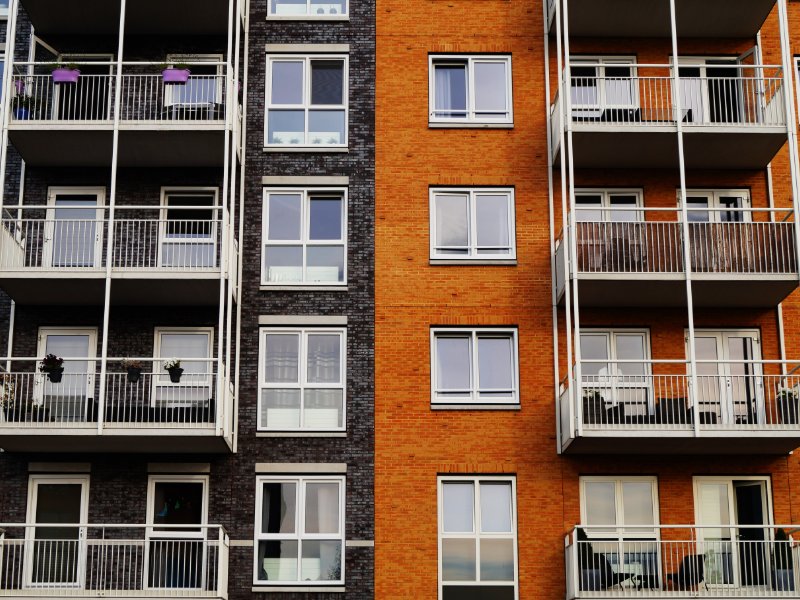When it comes to landlord liability and tenant injuries, landlords are never automatically liable. As a landlord, an injured tenant must prove that your actions caused their injuries in order for them to have a successful personal injury case against you. Below we go over instances where landlords can be held liable for a tenant’s injuries.
Landlord is Negligent
If a landlord is proved to be negligent, they can be held liable for the tenant’s injuries even if they didn’t intend to cause harm. According to Athens injury attorneys at Dan Chapman & Associates, there are four factors of negligence that must be proven in order to be held liable: duty, breach, proximate causation, and damages.
- Duty: the landlord must have had a duty of care to the tenant.
- Breach: the landlord must have breached this duty of care.
- Proximate Causation: the tenant’s injuries were caused by the breach of this duty.
- Damages: the tenant sustained injuries or property damage.
How do these factors of negligence relate specifically to landlord liability? Well, as a landlord, you have a responsibility to repair and maintain any injury-causing elements on your property. You also have a duty to notify any tenants or visitors of dangerous conditions on the property. Another factor to keep in mind is the foreseeability of an accident. If a reasonable person can foresee something that could cause injury, then it’s your responsibility as a landlord to prevent this.
Negligence Per Se
If a landlord violated any laws, then tenants don’t have to establish a landlord was negligent using the factors listed above. In these instances, a tenant has an easier time winning a personal injury case. If a tenant sues their landlord under negligence per se, they have to prove that:
- The landlord violated a law
- The purpose of the law was to protect the tenant
- The law in question was supposed to protect the tenant from injury
- The violation of said law directly or indirectly caused the tenant’s injuries.
Negligence per se is not entirely uncommon in tenant injury cases because many cities and states have laws that specifically relate to tenant health and safety in rental properties.
How Can Landlords Avoid Injury Liability?
To avoid possible liability suits, the best tip is to maintain the safety of your rental property. By keeping your property in great condition, the chances of injury occurring are slim. Some things you can do include:
- Regular inspections of your property and fix any problems before new tenants arrive.
- Keep a written record of repair requests and when the repairs were completed.
- Make sure to handle urgent requests as soon as possible.
- Ensure your maintenance procedures are clearly stated in the rental or lease agreement.
Overall, making sure your property is in good shape, regularly inspecting your property, and following the proper repair and maintenance procedures are all important steps to take to avoid any type of accident or tenant injuries occurring on your property.



No Comment